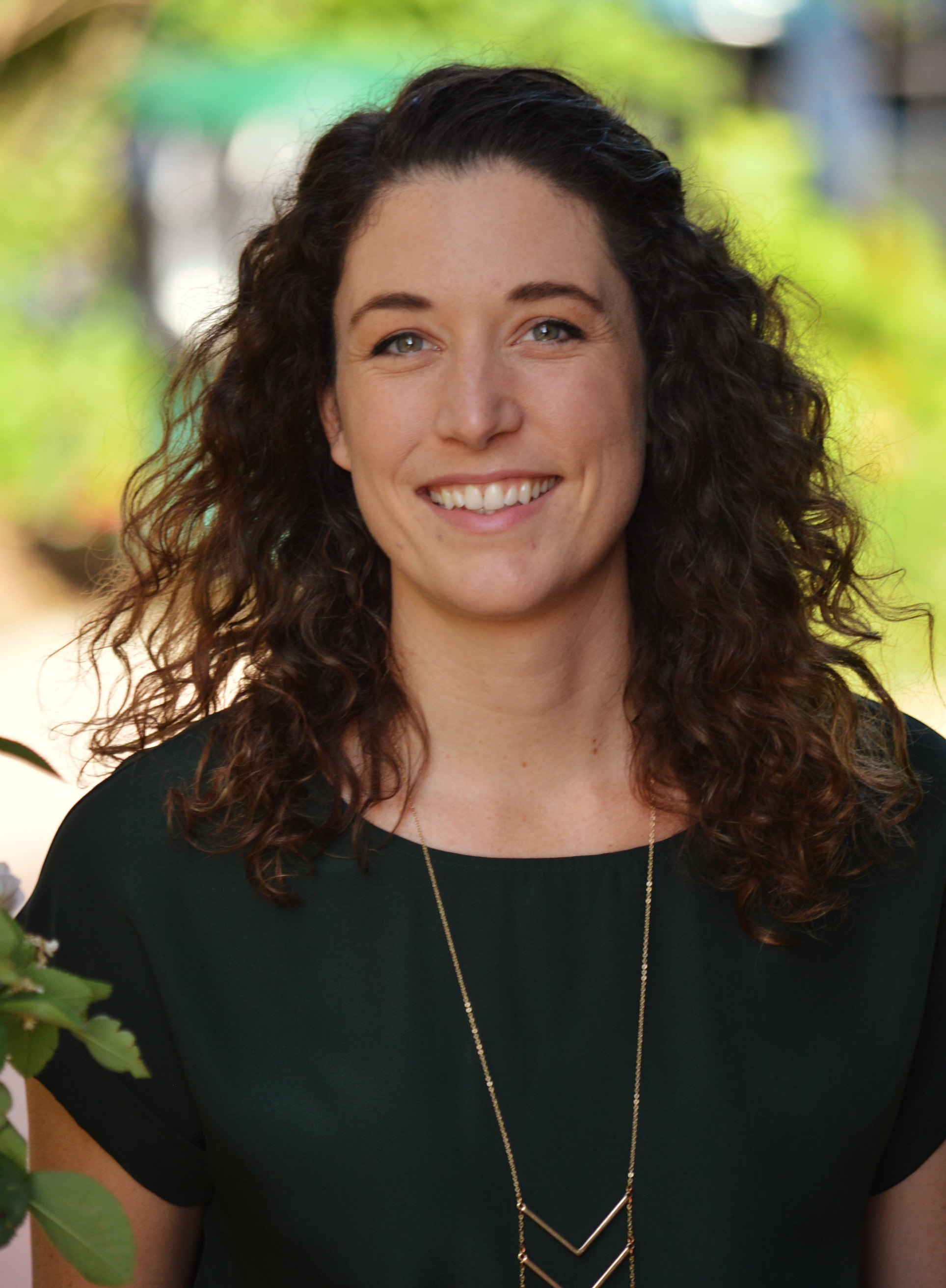
20 Dec SM County: Respiratory Viruses Circulating Leading into the Holidays!
San Miguel County puts out the word: Prevent the spread of COVID, flu and RSV with simple steps.
For the most up to date guidance surrounding CDC guidance, visit the CDC website. Individuals experiencing symptoms of COVID-19 or who may have been exposed can find free testing opportunities on the county COVID website at bit.ly/smccovidtest.
San Miguel County Public Health will hold a vaccine clinic for children 6 months through 5 years of age on Wednesday, December 21, 2:30 pm to 4:00 pm at the County Public Health offices,333 W Colorado Ave on the third floor in Telluride.
Visit bit.ly/smcvaccine to register your child for their updated Pfizer or Moderna booster today.
Go here for more from San Miguel County.

With the third winter season of the pandemic underway, hospitals are responding to three respiratory illnesses, the tridemic of COVID-19, flu, and RSV, for the first time since the pandemic began.
The spread of flu and RSV was very low during previous pandemic winters because of widespread masking and social distancing in response to COVID. As regulations have changed and most people return to normal behaviors, all three viruses have been spreading rapidly.
“As with previous holiday seasons, it’s important to take extra precautions to avoid getting sick,” said Public Health Director Grace Franklin. “When it comes to travel and crowded places, wearing a mask is the best tool we have against respiratory viruses and will decrease your chances of being sick in bed or getting others sick over the holidays.”
According to the Transportation Security Administration (TSA), the number of people flying is tracking close to 2019 levels — the TSA screened more than 4.5 million people over the past weekend and is recommending masking during travel. The Centers for Disease Control and Prevention (CDC) recommends wearing a high-quality mask or respirator over the nose and mouth in indoor areas of public transportation and transportation hubs.
While COVID testing is no longer required for travel within the United States or returning to the U.S. from abroad, the CDC encourages travelers to test no more than three days before travel and delay travel if the result is positive. Testing is recommended before and during a trip to protect others, especially those you don’t normally spend time with such as vulnerable family and friends.
“Even though there are several viruses circulating, you can still have a healthy gathering by taking a few simple protective steps,” said Director Franklin. “Mask in public for the next few days leading up to your events; test for COVID a couple days before and the day of any gathering; and have as much airflow in your home as possible. If you’re sick today, there’s a good chance you’ll be contagious over the weekend which unfortunately means considering staying home.”
The most commonly circulating respiratory viruses have infectious windows of three to ten days from the start of symptoms. While the infectious period varies from person to person, most commonly, a person with the flu is contagious for five to seven days, RSV for three to eight days, and COVID for eight to ten days from the onset of symptoms. With any event or gathering, Public Health recommends having an open conversation with all guests to manage expectations for testing and when to choose not to attend.
First, second, third, and booster doses of authorized COVID vaccines are readily available so appointments are easier to book at local and regional pharmacies, medical centers, and vaccine clinics.


Sorry, the comment form is closed at this time.